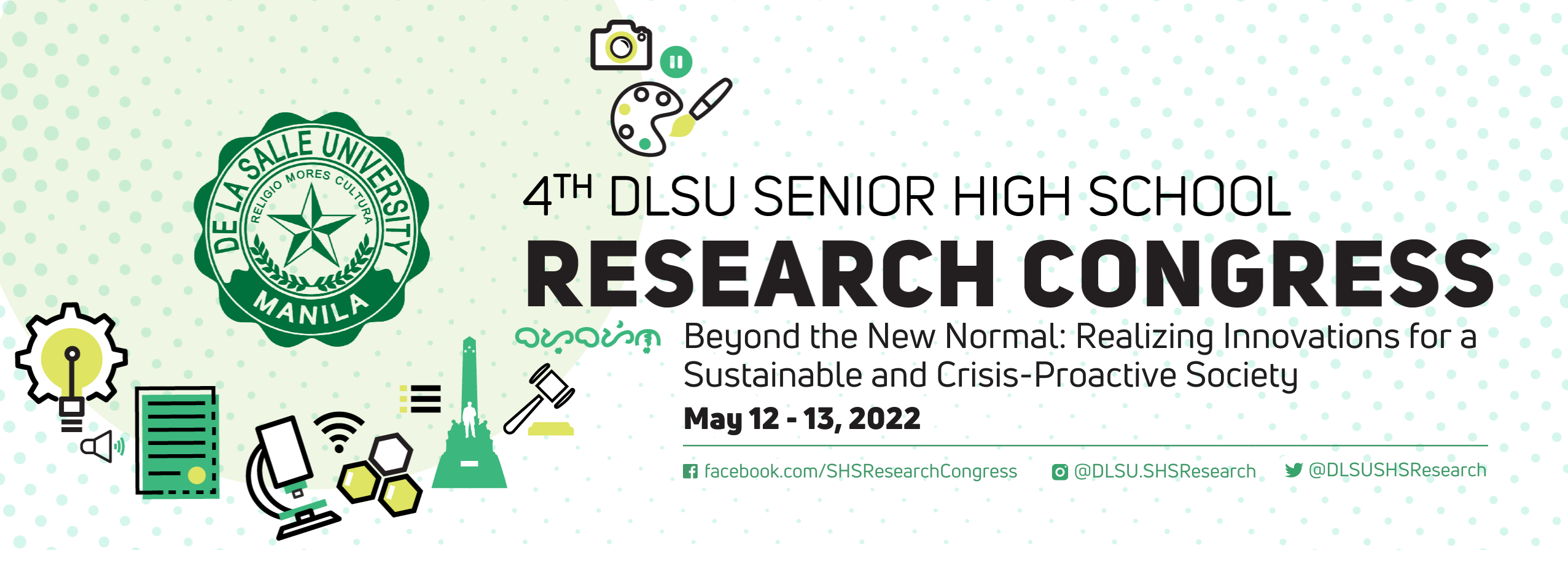Document Types
Poster Presentation
Research Theme (for Paper Presentation and Poster Presentation submissions only)
21st Century Learning and Innovations (CLI)
Research Advisor (Last Name, First Name, Middle Initial)
Judith J. Azcarraga
Start Date
12-5-2022 1:00 PM
End Date
12-5-2022 3:00 PM
Abstract/Executive Summary
As the online gaming industry grows, so does its community, which is especially true nowadays amidst the pandemic. A large part of this community consists of adolescents. Most people have become actively engaged in computer games as a way to cope with stress due to the pandemic; some engage in gaming for an unhealthy amount of time, which may lead to a negative impact on their mental well-being and their academic performance. This study aims to determine the impact of gaming on mental well-being and academic performance among teenage students. A survey was conducted among 34 senior high school students to gather data on whether gaming can affect academic performance and mental well-being. The survey consists of questions regarding the students’ studying habits, gaming habits, and overall academic performance. Results have shown that students who play video games frequently tend to score lower in terms of academic performance, particularly on academic competence, test competence, and strategic studying. However, they score significantly higher than moderate and low gamers when it comes to time management. In terms of mental well-being, results suggest that frequent gamers scored lower than moderate and low gamers in engagement, perseverance, optimism, connectedness, and happiness. On the other hand, in social behavior, frequent gamers often got “normal” scores when compared to moderate or low gamers who got more “borderline” or “abnormal” scores.
Keywords
mental well-being; aggressive behavior; gaming intervention; social behavior and psychological functioning; academic performance
Included in
Analyzing the Impact of Gaming on the Mental Well-Being and Academic Performance among Senior High School Students
As the online gaming industry grows, so does its community, which is especially true nowadays amidst the pandemic. A large part of this community consists of adolescents. Most people have become actively engaged in computer games as a way to cope with stress due to the pandemic; some engage in gaming for an unhealthy amount of time, which may lead to a negative impact on their mental well-being and their academic performance. This study aims to determine the impact of gaming on mental well-being and academic performance among teenage students. A survey was conducted among 34 senior high school students to gather data on whether gaming can affect academic performance and mental well-being. The survey consists of questions regarding the students’ studying habits, gaming habits, and overall academic performance. Results have shown that students who play video games frequently tend to score lower in terms of academic performance, particularly on academic competence, test competence, and strategic studying. However, they score significantly higher than moderate and low gamers when it comes to time management. In terms of mental well-being, results suggest that frequent gamers scored lower than moderate and low gamers in engagement, perseverance, optimism, connectedness, and happiness. On the other hand, in social behavior, frequent gamers often got “normal” scores when compared to moderate or low gamers who got more “borderline” or “abnormal” scores.


